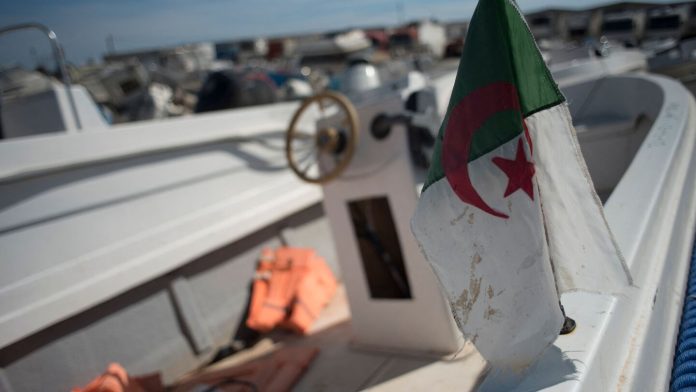The Spanish National Police, supported by Europol, dismantled an organised criminal network smuggling migrants on speedboats from Algeria to Spain, according to Europol.
The suspects facilitated the further smuggling of migrants from Spain to other EU countries. The migrants reportedly paid up to €20,000 to reach the bloc. Investigations revealed that the criminal network smuggled at least 1,000 migrants (more than 750 Syrian nationals and more than 250 Algerians).
The network facilitated the illegal crossing of the border by Syrian nationals travelling via Lebanon – Egypt – Tunisia or Libya – Algeria. Upon arrival in Algeria, the migrants were placed in temporary accommodation while awaiting the launching of boats. The suspects then organised the transfer of the migrants on speedboats from Algeria to the coast of Spain.
Once in Spain, members of the Algerian criminal network facilitated the stay of the migrants and their onward illegal movement to other EU countries.
Investigators identified two main organisers, one in Algeria and the other in Spain, who coordinated the criminal activity. It is believed that the criminal network was able not only to transport migrants to Spain, but also to provide them with passports and plane tickets for their secondary movements to other EU countries.
Criminal network
In addition to smuggling activities, the criminal network also sold information to other groups on how to orchestrate such criminal activities. A Madrid-based criminal cell, in coordination with a criminal group based in Oran (Algeria), was responsible for organising the illegal activity.
The migrants were charged a fee of up to €20,000 to fully facilitate their passage to the country of final destination. They were required to pay at each stage of smuggling through the hawala underground financial system. Investigators learnt that the criminal network used spy cameras and hidden microphones to ensure that the money was collected.
Europol assisted in the exchange of information and provided operational coordination and analytical support. On the day of the action, Europol sent an analyst to Spain to cross-check intelligence with Europol databases and share information with investigators on the ground.
